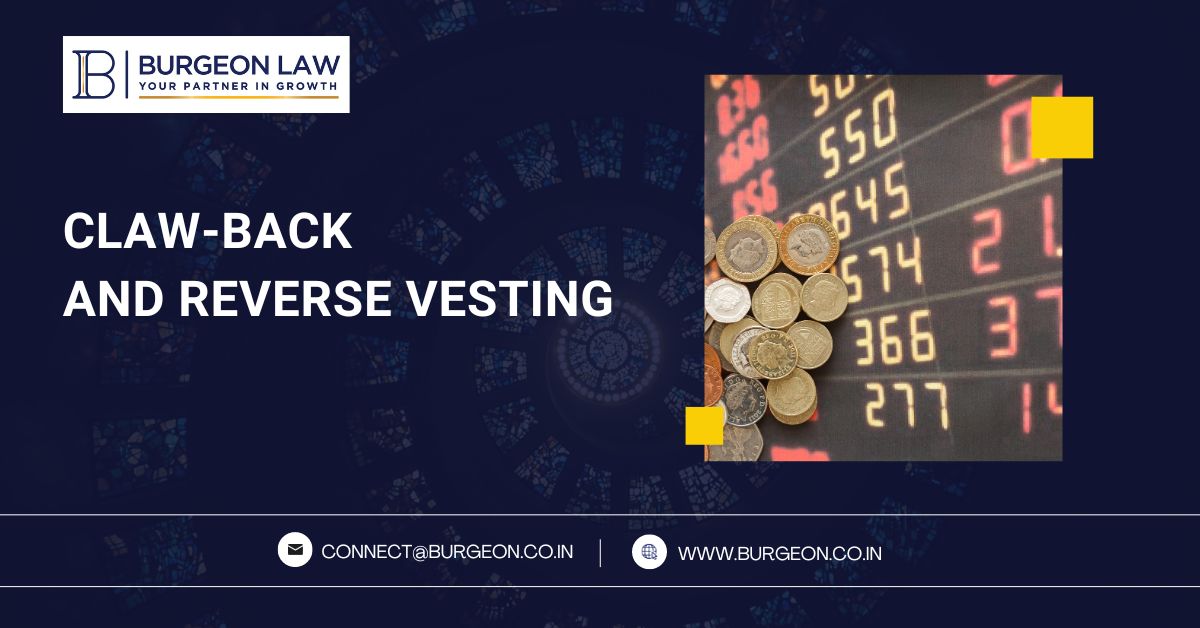A stint as a “shark” on the business reality television series, “Shark Tank India”, made Mr. Ashneer Grover a household name. His fame skyrocketed given his no-nonsense attitude, quick wit and an unparalleled zeal for all things business. It would not be wrong to say that he was having a dream run, with a loyal and dedicated fan following across social media platforms.
Grover had spent his initial years as an investment banker as an investment banker at Kotak Bank ant later served as chief financial officer at Grofers. In the year of 2018, Ashneer Grover along with Shasvat Nakrani, co-founded the company “Bharatpe” (“Company”), which has been styled as an indigenous payment company to address the needs of small merchants. Within 3 years of initiation, Bharatpe attained the milestone of a “unicorn”, every founders dream.
Grover had everything going for him-he was the co-founder of a unicorn, had attained a newfound celebrity status and adulation of the masses, thanks to Shark Tank.
Turn of Events:
In 2020, Ashneer announced a two-week voluntary leave till the end of March 2020. This coincided with the time when Bharatpe had appointed Alvarez and Marsal, a leading global professional services firm to conduct its independent audit. As per their report, there were severe financial irregularities in the Company which were directly attributable to Grover and his wife, Madhuri Jain Grover, who was also the Company’s Head of Controls.
Since then, Grover had been involved in a bitter battle with the board and the marquee investors-Sequoia Capital India, Coatue Management and Ribbit Capital, who are the three largest shareholders on the cap table of the Company. He also resigned from his position in the Company, in advance of a board meeting wherein it was anticipated that his positions would be terminated. Post his exit from the Company, the treatment of his shareholding remains the bone of contention.
Claw-back and Reverse Vesting:
The Grover-Bharatpe tussle sent across waves in the Indian startup ecosystem. The investors started becoming more vigilant in securing their rights and equity in the companies funded by them. Building in provisions in the definitive documents that keep a check on the unfettered influence of the founder and imposes certain restrictions on his/her shareholding is of utmost importance to protect the interests of the investors. Claw-back of shares is one such mechanism. It basically sets out the principle that the founder will earning his/her equity over a specified period, say over a period of 5 years. During this period, if the founder is “caught” doing any wrongful activity then the founder can be fired and equity for the “unearned period” can be bought up by the investors. This provision is generally linked to another provision in the definitive document which relates to the termination of a founders’ employment for “cause”. So, when a founders’ employment is terminated for “cause” i.e., for any wrongful activity as mentioned above and as illustrated in the agreement, the company has the right to claw back the shares of the founder.
Vesting is a common practice among startups that aims to protect the company’s equity in the event that a founder or an employee leaves the company before their equity has fully vested. It is essentially a way for the company to claw back unvested equity from a departing founder, ensuring that the equity remains with the company and is not transferred to the founder. In reverse vesting, the founder is initially granted all his shareholding upfront, but they are required to earn the same by staying with the company for a specified period of time. If a founder wants to leave the company before the expiry of the specified period, the company gets a right to buy back these shares at a discount. While reverse vesting provides for extreme situations where the exiting founder should not benefit unjustly by taking away shares of the company despite leaving earlier than promised, there might be genuine circumstances too that prevents a founder from continuing with his role. To account for events like these, agreements contain a “good leaver” clause where the founder gets to retain his shareholding despite of an early exit.
Ashneer Grover’s hostile exit from his own company Bharatpe serves as a landmark study in modern day corporate law jurisprudence in India. It is a lesson for both- the founders and investors to look out for themselves and build in robust mechanisms during the documentation to ensure that their rights are well protected.

